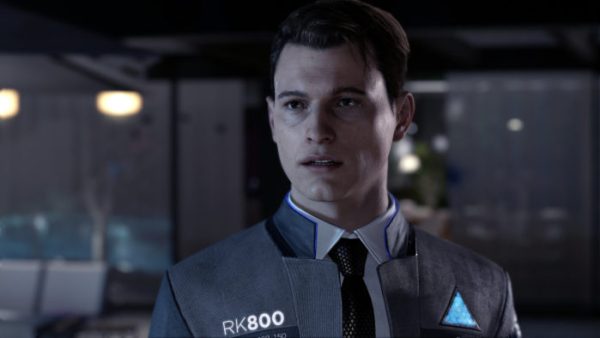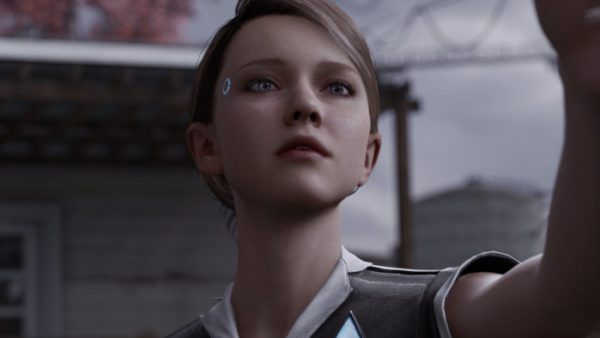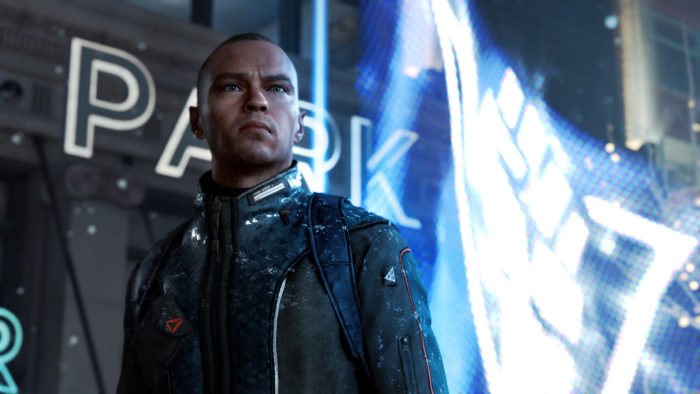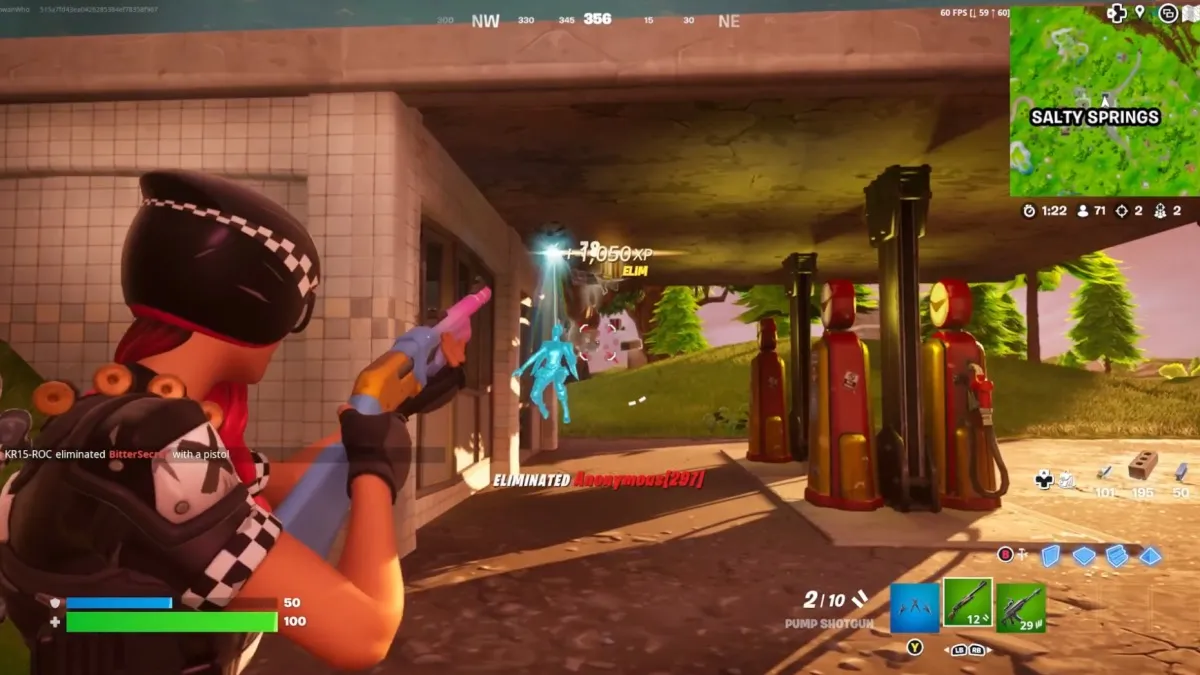Detroit: Become Human on PlayStation 4
Detroit: Become Human is Quantic Dream’s most ambitious game yet, boasting all through its development that there’d be a boatload of choices and endings for players to face. A studio best known for Heavy Rain and Beyond Two Souls has been working on this game for, like, five years. The same studio that gave us press X to Jason. Why, yes, I am skeptical towards Quantic Dream games, why do you ask?
The past doesn’t matter anymore, though. It’s all water under a bridge now because they released Detroit: Become Human. A game that, before its release, I assumed would be another mess of plot holes big enough that you could drive a truck through them. I was wrong, it’s only filled with some plot holes.

By now, you may be aware of the basic story of the game. There are three main characters (Markus, Connor, and Kara) and their separate stories tell the tale of the first androids to gain sentience. You’ll be in charge of how these characters make their mark in the greater story of the uprising. Will it be peaceful or violent? Will you pit characters you control against one another? Will they succeed or die? Your choices shape the story in yet another choose-your-own-adventure game format.
While all three characters can have doubts in their programming, they each can have different personalities based on how you play Detroit: Become Human. Markus starts off as the mild-mannered butler to a rich artist, Kara is the obedient housekeeper to a troubled family, and Connor is the ace detective that does anything to solve a case. Who they become, though, is entirely up to you. All of these characters (and the side ones, too) are easy to like and get attached to. They’re each a perfect melding of good writing, beautiful graphics, and fantastic acting.
In these types of games, the illusion of choice is a frequent problem. But somehow, in Detroit: Become Human, it feels less like that. It’s really cool that you’re able to directly influence what your character can know, and what they know can help them in future situations with different dialogue options. Take the time to inquire about some random, seemingly unimportant thing, and you might just be opening up a really important branch in the story later on.
It’s like we’re moving towards the perfect future in gaming where we can have adventure games completely unique to our choices. This is, of course, largely thanks to the game having a bunch of different outcomes. Even the endings can play out in over 20 ways.
While Detroit: Become Human’s endings still feel like they come down to really specific moments where you can choose something different and – boom – it changes, the game actually lets you alter entire chapters based on decisions. That is to say that you will not even see three different chapters in the whole game because you’ll have made a decision that set that character off on another path.
Oh, and that’s not even to mention what happens if your character is killed off earlier down the line because of a mistake in one of your choices or during a QTE scene. You just plain ol’ won’t see the rest of their story. Game over for them. You suck.

I’ve been focusing on the story aspects of the game and not much on any actual gameplay because – as you probably expect – there isn’t much of that here. Some QTEs here, some hold R2s there, but for the most part you’re taking part in shaping a nine-hour movie. Luckily, the story is quite great so that’s totally fine. And even with that in mind, it doesn’t drift to the level of being a walking simulator since there’s enough interaction there for players, especially if you’re not playing on easy since the QTEs can be kind of challenging.
I felt for characters and their fates, I was invested in all three of the stories (which is surprising because you’d think at least one would be a total drag), and I cared to actually analyze my surroundings because that’s the only way you’ll unlock more dialogue choices. And since dialogue choices can make or break your favorite character, you’re going to have to pay attention in Detroit: Become Human.
I do have some complaints, though. Sometimes, the dialogue options were too vague for me to say what I actually meant. For example, I may have thought I was replying in a nice way but then my character decided to flip a desk over. These didn’t happen too often, thankfully. It was nothing like what I encountered while playing Telltale’s The Walking Dead Episode 3. Also, the way characters move is trying to emulate realistic movement, but sometimes you just straight up get stuck behind someone for a bit.
Also, it’s a bit annoying there isn’t a better system of altogether altering your choices in Detroit: Become Human. There should have been an option after beating the game that allows you to go back and redo things without having to play the whole game out. For example, if you’re trying to change an early decision you made and see its effects at the end of the game, this can be really annoying because you’re going to be playing the next however many hours of the rest of the game.
In any case, I don’t know why exactly Quantic Dream finally made a game I loved (as in, why it took them so long), but as a fan of Until Dawn and The Walking Dead, I’m glad I can actually add a third game to my favorites for this genre. Maybe it’s because all of the characters are supposed to be robots so you’re force-fed story and juxtaposition through analysis, making it easy from a writing perspective. Maybe it’s because there are so many different branches and outcomes to the story that they actually delivered on. Maybe it’s Jesse Williams’ face. Look, I really don’t know. But I do know that I couldn’t put Detroit: Become Human down, and after I beat it, I immediately replayed all the chapters to get the different outcomes.
Score: 4.5/5 – Great
Pros
| Cons
|
For more information on how we review games, check out Twinfinite’s review policy here.














Updated: May 24, 2018 08:03 am